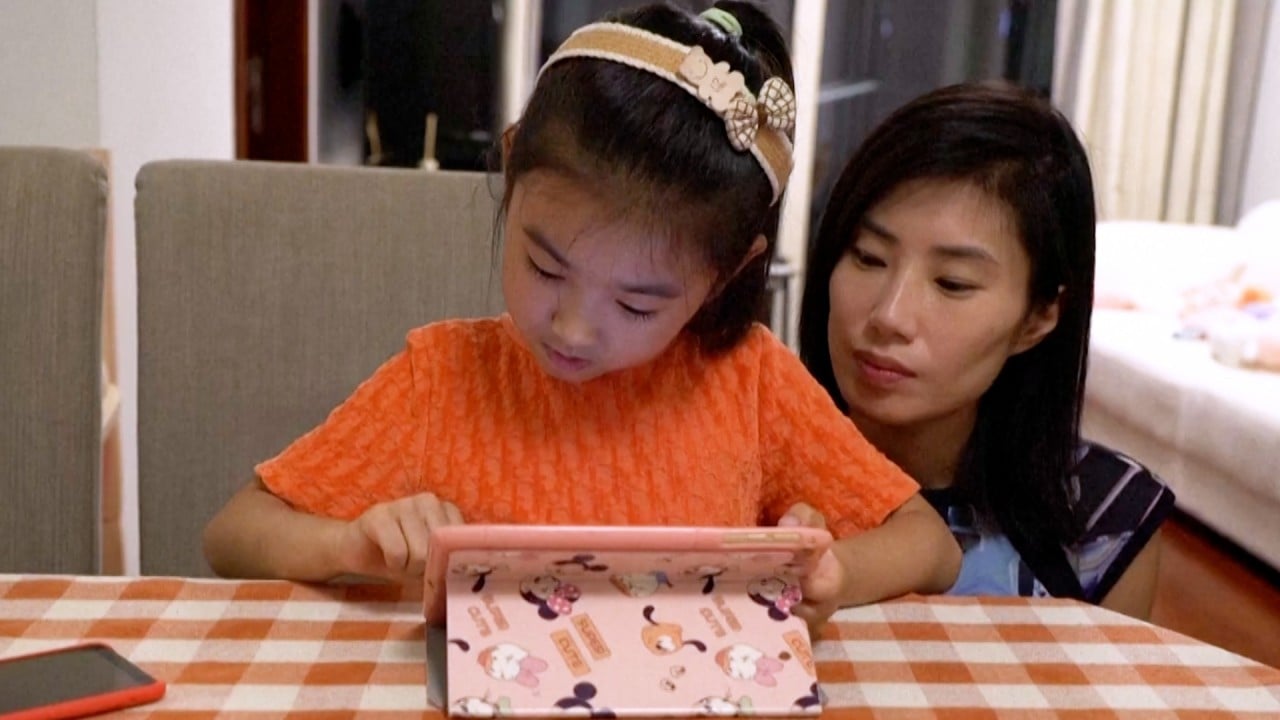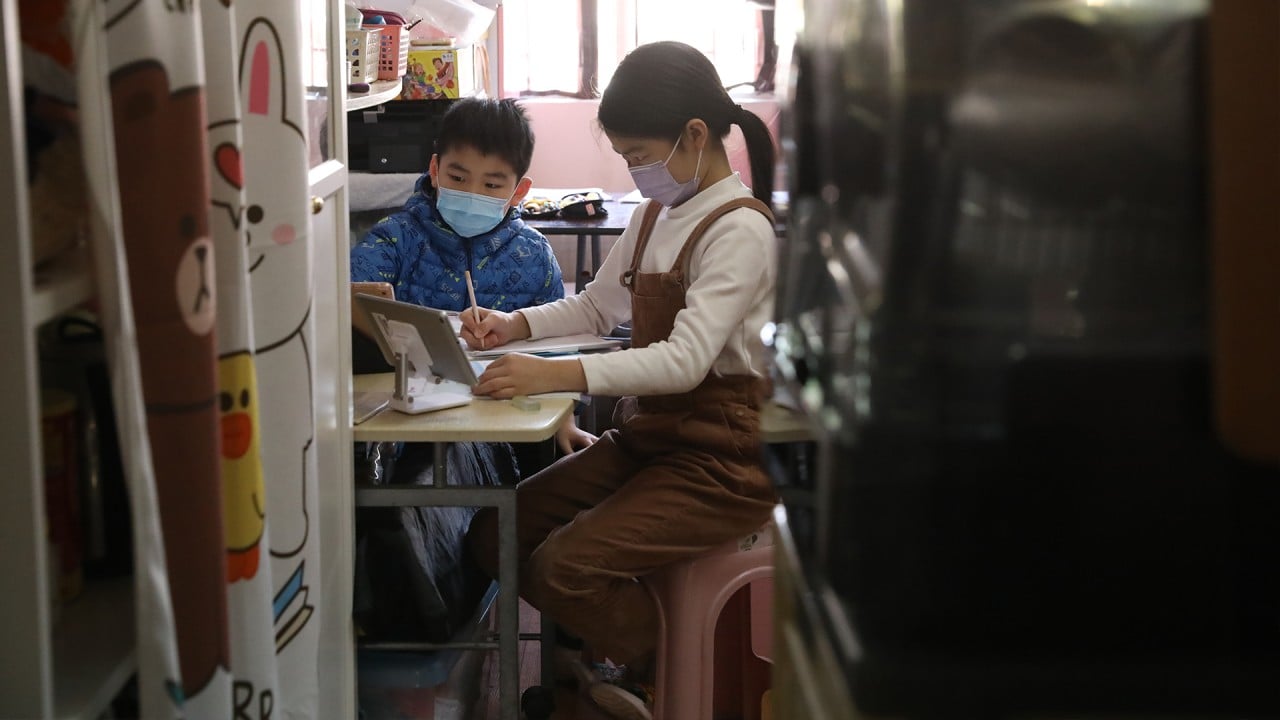Opinion | Phones and educational technology have no place in Hong Kong classrooms

In Los Angeles, the school board approved a cellphone ban, with board president Jackie Goldberg noting, “This is a serious addiction.”
Childhood, once spent playing and imagining, is now centered around phones, a real-life horror story articulated in Haidt’s work The Anxious Generation. And the billions of dollars spent on useless “ed-tech” are draining much-needed education funds and putting them into the pockets of tech entrepreneurs.
It has never been convincingly demonstrated that so-called educational technology has any benefit over “traditional” educational methods in producing results. Direct comparisons suggest that it is grossly overrated, delivering poor results and even harming the user.
People are surprised when I tell them that there is little proof that ed-tech works, despite more than 455,000 educational apps available for download. Dr. Kathy Hirsh-Pasek, a Temple University professor who recently spoke at a Brookings Institute webinar called “Screens and Child Well-Being,” analyzed 120 of the most popular educational apps and found that only two “appeared to have any educational value.” .
The reasons behind this rampant spread of educational technology are rooted in beliefs and money.
My classmates at Nanzan University in Japan were surprised when I added a master’s degree in business administration (MBA) to my master’s degree in arts and TESOL certification (teaching English to speakers of other languages), instead of pursuing a doctorate in philosophy. But in my MBA classes, I learned a broad and deeply held belief—an enthusiasm for technology—that new technology is always useful and good.
If you read the UNESCO report, “An Ed-Tech Tragedy?”, you’ll learn about the parallel rhetoric of “tech solutionism”: that technology will always solve the problem – even if it created it. The report details how the tech-heavy response during Covid-19 was built on criticisms of education as “broken” and in need of fixing. Marketing buzzwords like “digital transformation” had been creeping into discussions about education for years.
The pandemic opened the door. Another marketing buzzword followed: “leap.” We were going to leap into a brave new world of better learning. Technology to the rescue. Lockdowns were a disaster for students, but a waste for edtech companies.
Educators are unsure about criticizing educational technology. Critics are invariably labeled as “traditional,” with one final critical suggestion: “old.” Educational technology advocates simply got excited about the “future” and money was invested. Headline of a recent email I received from The Edge, a newsletter from the Chronicle of Higher Education, says it all: “Is even unsexy educational technology worth $800 million?”
In Hong Kong, the situation is critical. I recently conducted English reading tests on primary school children in Kwai Hing and found that all the students were at least three years behind and their reading comprehension skills were non-existent. Many students cannot even begin the process of solving a problem.
In the words of one girl: “I hate ‘hard’”. I could write volumes about the Hong Kong children I met who were ruined by screens. Parents regret not being able to stop their children from uninterrupted phone use. They can’t stop their own either, it seems.
This is why cutting back on educational technology and banning cellphones in schools makes sense. Schools are controlled environments designed for learning. They provide a place for children to learn not only about their subjects, but also about cooperation and socialization. And despite being overworked, underpaid, and easily criticized and blamed for everything, teachers in Hong Kong are, by and large, dedicated professionals.
It may sound unappetizing, but let’s give them the support and resources to teach, and stop enriching tech entrepreneurs at the expense of our children’s lives.
Los Angeles native Robert Badal is an author, professor, and former corporate consultant and CEO speechwriter







